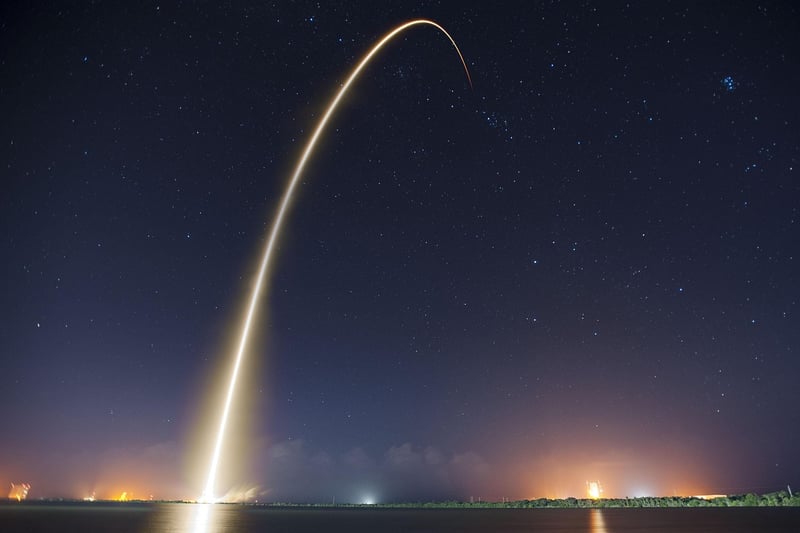Time Dilation
Understanding Time Shifts and Time Dilation
Time is a concept that we often take for granted in our everyday lives. However, when we delve into the realms of physics, time can become a complex and intriguing phenomenon. Two important aspects related to time in the realm of physics are time shifts and time dilation.
Time Shifts
Time shifts occur when there is a change in the perception of time due to various factors such as motion or gravity. One of the well-known examples of time shifts is the theory of relativity proposed by Albert Einstein. According to this theory, time is not a constant but can vary depending on the relative motion between observers.
Effects of Time Shifts:
- Time can appear to move slower or faster depending on the observer's motion.
- Time shifts are more noticeable at speeds approaching the speed of light.
- GPS satellites need to account for time shifts due to their high speeds relative to Earth.
Time Dilation
Time dilation is a phenomenon predicted by the theory of relativity where time appears to move slower in stronger gravitational fields or at higher speeds. This means that time is not absolute and can be stretched or compressed based on the conditions.
Key Points about Time Dilation:
- Time dilation is a fundamental concept in the theory of relativity.
- It has been experimentally verified through various experiments and observations.
- Astronauts on high-speed space missions experience time dilation compared to people on Earth.
To visualize the effects of time dilation, imagine two synchronized clocks, one on Earth and one on a spaceship traveling at near-light speed. When the spaceship returns to Earth, the clock on the spaceship would show less elapsed time compared to the one on Earth due to time dilation.

Understanding time shifts and time dilation not only expands our knowledge of the universe but also challenges our perception of time as a constant. These concepts play a crucial role in modern physics and have far-reaching implications in fields such as space exploration, satellite technology, and even our daily lives.
Next time you look up at the stars, remember that time is not as straightforward as it seems, and the mysteries of the cosmos hold many secrets yet to be uncovered.
